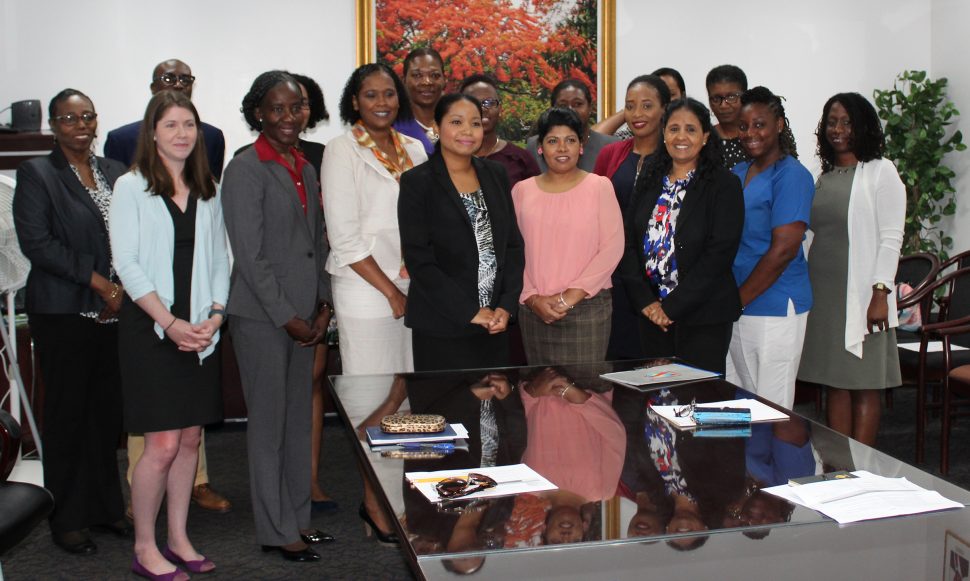Guyana was among three countries participating in a Learning Exchange on the process utilised by The Bahamas Ministry of Health’s National AIDS Programme to deliver comprehensive HIV services to communities.
The exchange, which was held from May 6 to 10, and which was led by Dr Shanti Singh-Anthony, PANCAP Knowledge Management Coordinator, showcased The Bahamas’ experience in the implementation of Pre-exposure prophylaxis (PrEP), a pill used for HIV prevention among those at risk, and also focused on the country’s transition to Dolutegravir.
The Pan-Caribbean Partnership against HIV and AIDS (PANCAP) is the mechanism that provides a structured and unified approach to the Caribbean’s response to the HIV epidemic.
The CARICOM release said Singh-Anthony noted that the Learning Exchange is critical for the implementation of PrEP in the region.
“The Caribbean is on the cusp of fully embracing and implementing PrEP. Hence, it was crucial for PANCAP to lead this multidisciplinary team on a learning journey to expand their understanding of how PrEP can improve clinical management and outcomes for individuals at risk for HIV. The overarching aim is for the Learning Exchange to act as an impetus for more expansion of knowledge on PrEP and its eventual implementation across the Region,” he stated.
The participating countries, which also included Jamaica and Trinidad and Tobago, were represented by multidisciplinary teams which comprised National AIDS Programme Managers, Clinical Care Coordinators, HIV clinicians and civil society organisation (CSO) representatives, who work closely with the national programme in the implementation of PrEP and other aspects of the HIV response, the release stated.
Each country was represented by seven participants, who interacted with representatives of The Bahamas Ministry of Health, clinical and laboratory staff, and CSO representatives, it added.
The initiative included site visits to community clinics, where they interacted with clinic staff involved in the areas of HIV testing, treatment, community outreach, documentation, and monitoring and reporting.
“This allowed participants to understand how services are organised and delivered, the number and skill set of the clinical team, and other resources available for supporting service delivery…Participants also interacted with the beneficiaries of the clinics, particularly key populations, and participated in community outreach activities led by the National AIDS Programme and CSO teams, aimed at increasing access to services by key populations,” it was reported.
The release noted that the Learning Exchange is part of the PANCAP Knowledge for Health Project, and is being executed with funding from the United States Agency for International Development (USAID).

